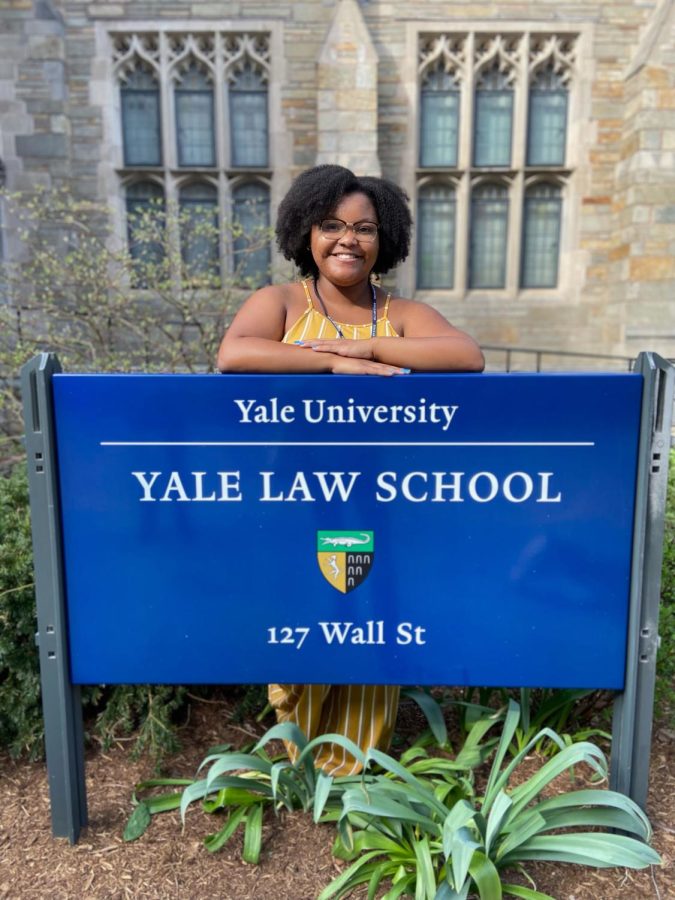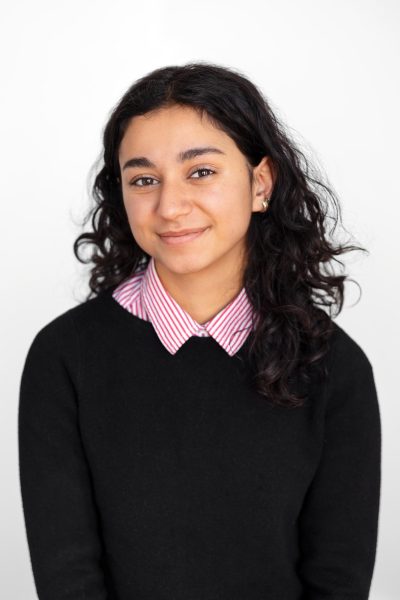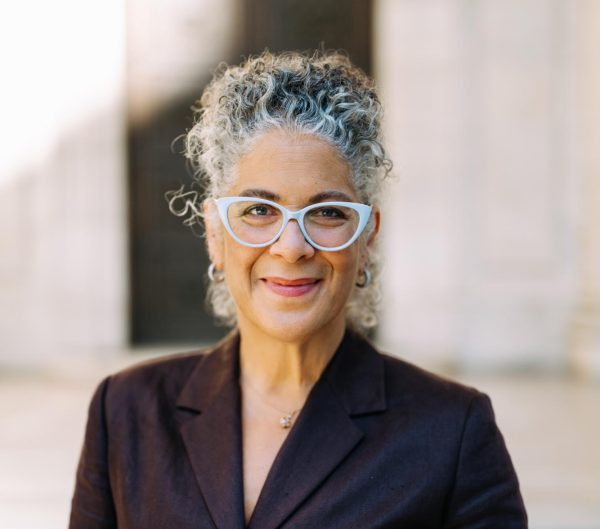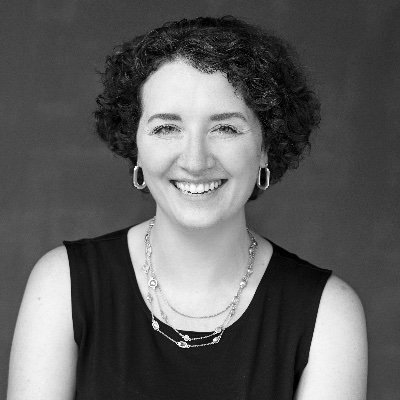Iesha-LaShay Phillips: Fourth-Year, Truman Scholar, Community Organizer, Future Yale Law Student
Photo courtesy of Iesha-LaShay Philips
Iesha-LaShay Phillips
Iesha-LaShay Phillips is a graduating fourth-year majoring in Law and Society and minoring in Rhetoric and Composition. Phillips came to Oberlin as a QuestBridge recipient and is committed to building relationships to uplift and support Black Indigenous communities with a focus on advocacy for incarcerated women. She has had an illustrious career at Oberlin as a Bonner Scholar, Frederick Douglass Global Fellow, Newman Civic Fellow, and Harry S. Truman Scholar. This year, she applied to 13 law schools and was accepted to all of them, including Stanford, Harvard, and Yale. Before matriculating to Yale Law School on a full scholarship this fall, she will participate in the SEO Law Fellowship, a program which places high-performing, underrepresented incoming law students in top law firms before they begin law school.
This interview has been edited for length and clarity.
During your time at Oberlin, what extracurricular activities were you involved in and how did they shape your career path?
When I started college, I was very involved. As someone who is first-generation and low-income, I wanted to do everything because I thought I wouldn’t have the opportunity to do those things again. But in hindsight, I would tell younger students that being over-involved is not the way to go. All of my activities were tied to ways that I could serve in communities. I was a Writing Associate in the Writing Center and a volunteer for the Writers in Residence Program, which is a program where students go to juvenile detention facilities throughout Ohio and facilitate creative writing workshops. I also co-founded the Coronavirus Oberlin Mutual Aid Fund.
During your time at Oberlin, did you feel supported by the institution?
I did not feel supported at Oberlin. For most of the things that I accomplished, I had to find help outside of Oberlin. When I was applying for the Truman Scholarship, Oberlin posted about me winning and all of that, but I didn’t receive as much support from them as I could have. I found most of my support through an outside organization that gave me mock interviews and a lot of other things to prepare me for my Truman interview. It was the same thing with law school — outside programs really supported me because I’m going to be the first person in my family to be a lawyer and the first to go to law school. Oberlin has had at least four different pre-law advisors during my time, which made it difficult for me to form a connection with someone who could help me.
How did your time studying abroad inform your time at Oberlin and your decision to go to law school?
I love traveling, so I wanted to be able to visit different countries throughout my time in college. Before college, I had never left the country and didn’t even have a passport. So I wanted Oberlin to pay for it while they could. During my first Winter Term, I went to Italy and was able to visit the Eiffel Tower during a layover in France. During my second Winter Term, I went to Ghana and Senegal. During the summer after my third year, I went to Ireland and Northern Ireland. This year, I realized that I wanted to enhance my Spanish speaking, writing, and listening skills so I decided to study abroad in a Spanish speaking country. I felt like it was important to go to a place in Central America or a country that was more oppressed than Spain. I spent my time in Mexico, El Salvador, and Costa Rica and became very immersed in the culture. I learned about how the U.S. has impacted these countries and the issues that they currently face.
What inspired you to pursue a career in law?
It was mostly my background. A lot of people know that I grew up with an incarcerated parent. Since I was 6 years old, I’ve been attending a program called New Hope Oklahoma that provides services to children who have or had incarcerated parents, so I’ve been surrounded by this all of my life. Coming to Oberlin, I realized that I was different from a lot of the students. A lot of the students don’t recognize their privilege or give back to those who are less privileged. So I wanted to do that, and I began volunteering with youth in juvenile detention facilities. It made me realize that I wanted to keep Black and Brown youth out of prisons, keep them out of jails, and give them the support that they need. People lose hope in incarcerated youth; they don’t see them as children. It inspired me to want to do work to keep youth out of the criminal justice system, starting with their parents. I’m really passionate about supporting incarcerated women — about 70 percent of women in jails are caregivers. So when these women go to jails, their children are sent to foster care, they’re on the street, or they’re in situations that result in poverty crimes like stealing. Starting with keeping families together, we can end generational incarceration.
What advice would you give to BIPOC and/or low-income students who are interested in pursuing a career in law?
GPA is really important, because once you graduate from college, you can’t go back and fix it. For people looking for extracurriculars, don’t do what you think looks good; do what you’re passionate about and things that make you happy. You don’t have to have a legal internship or a legal extracurricular. All you have to do is show that you’re passionate about something, why that passion makes you interested in pursuing law, and how that passion makes you a valuable resource to have in a law school classroom. You should pursue things that make you happy because it will shine through in your law school applications.










